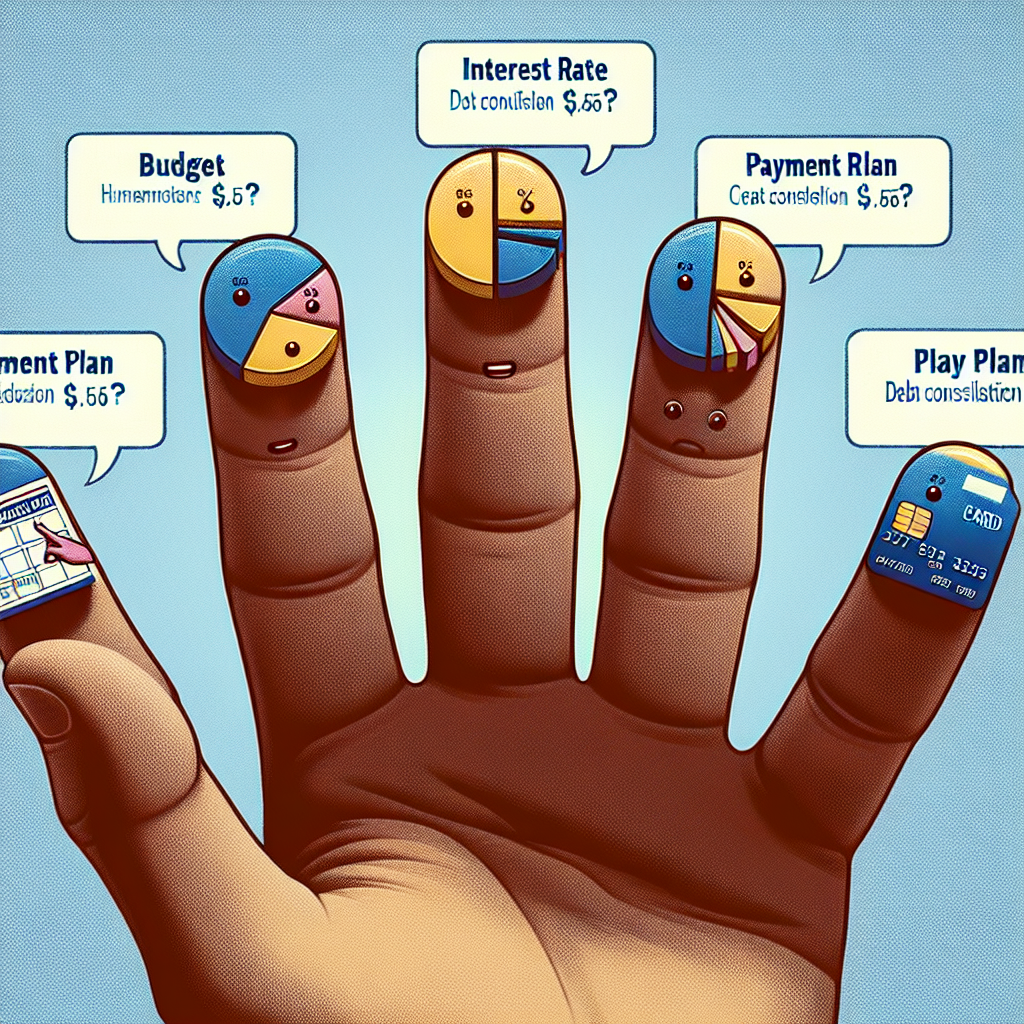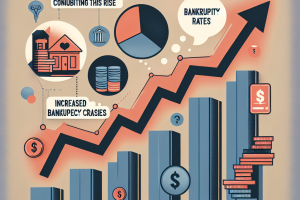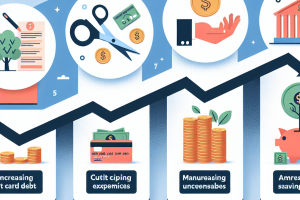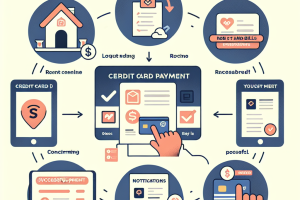
Managing heavy credit card debt can feel like an uphill battle, with interest rates, minimum payments, and financial stress constantly weighing you down. But don’t worry—you’re not alone, and there are actionable steps you can take to start making progress. Understanding the right questions to ask is the first step toward regaining control over your finances. If you’re feeling overwhelmed by your credit card debt, this guide is here to help you navigate the complexities and start your journey to financial freedom.
Struggling with Credit Card Debt? Start Here
If you’re grappling with mounting credit card debt, the first thing to remember is that acknowledging the problem is a significant first step. It may be tempting to ignore the bills and hope they go away, but taking proactive measures will help you regain control. Assess your current financial situation honestly: how much do you owe, what are your interest rates, and how feasible is your monthly repayment plan? Laying out all the facts will provide a clearer picture of what you’re up against.
One of the most common mistakes people make is paying only the minimum required balance. While it may seem like you’re keeping up, the reality is that paying just the minimum can keep you in a cycle of debt for years. It’s essential to understand how your minimum payment is calculated and what portion of it goes toward interest versus the principal amount. By prioritizing paying more than the minimum, you’ll reduce the principal faster and pay less in interest over time.
Creating a realistic budget is another foundational step to managing your credit card debt. Track your income and expenses thoroughly to identify areas where you can cut back. Even small savings can add up over time and can be redirected toward paying down your debt. Consider using budgeting apps or financial planners to help you stay on track. Remember, every dollar saved is a dollar that can help you reduce your debt faster.
5 Crucial Questions to Get Back on Track
- What is my total debt?
Knowing the total amount you owe across all credit cards is crucial. Gather your statements and sum up the balances to get a clear picture of your debt. Knowing the exact figure can be sobering but also empowering, as it sets the stage for creating a debt repayment plan. Make a list of all your cards, their balances, interest rates, and minimum payments to get a comprehensive understanding. - What are my interest rates?
High-interest rates can be a significant barrier to paying off debt. Identify which of your cards have the highest interest rates and consider paying these off first—a strategy known as the avalanche method. Alternatively, look into balance transfer offers with lower interest rates or even 0% APR for a limited time, which can give you a breather and help you focus on reducing the principal amount. - Can I consolidate my debt?
Debt consolidation involves combining multiple debts into a single loan or credit card balance—often with a lower interest rate. This can simplify your payments and possibly reduce your overall interest costs. Look into personal loans, debt consolidation loans, or even home equity lines of credit. However, be sure to read the fine print and understand any fees involved to ensure that consolidation will genuinely benefit you. - What is my repayment strategy?
Crafting a repayment strategy that fits your financial situation is essential. Whether you choose the avalanche method (paying off the highest interest debt first) or the snowball method (paying off the smallest debts first to build momentum), having a structured plan will keep you focused and motivated. Remember to revisit and adjust your strategy as needed, especially if your income changes or you face unexpected expenses. - Where can I cut expenses?
Reducing your monthly expenditures can free up more money to put toward your debt. Review your budget for non-essential expenses you can eliminate or reduce. This might include dining out less frequently, cancelling unused subscriptions, or finding cheaper alternatives for everyday items. Even small adjustments can make a significant difference over time.
Managing heavy credit card debt is undoubtedly challenging, but asking the right questions can lay the groundwork for a successful financial recovery. By understanding your total debt, interest rates, and available options for consolidation, you can create a structured repayment plan tailored to your situation. Cutting unnecessary expenses and paying more than the minimum balance will accelerate your progress and bring you closer to financial freedom. Stay committed, revisit your strategy regularly, and remember that every step you take brings you closer to a debt-free future.



